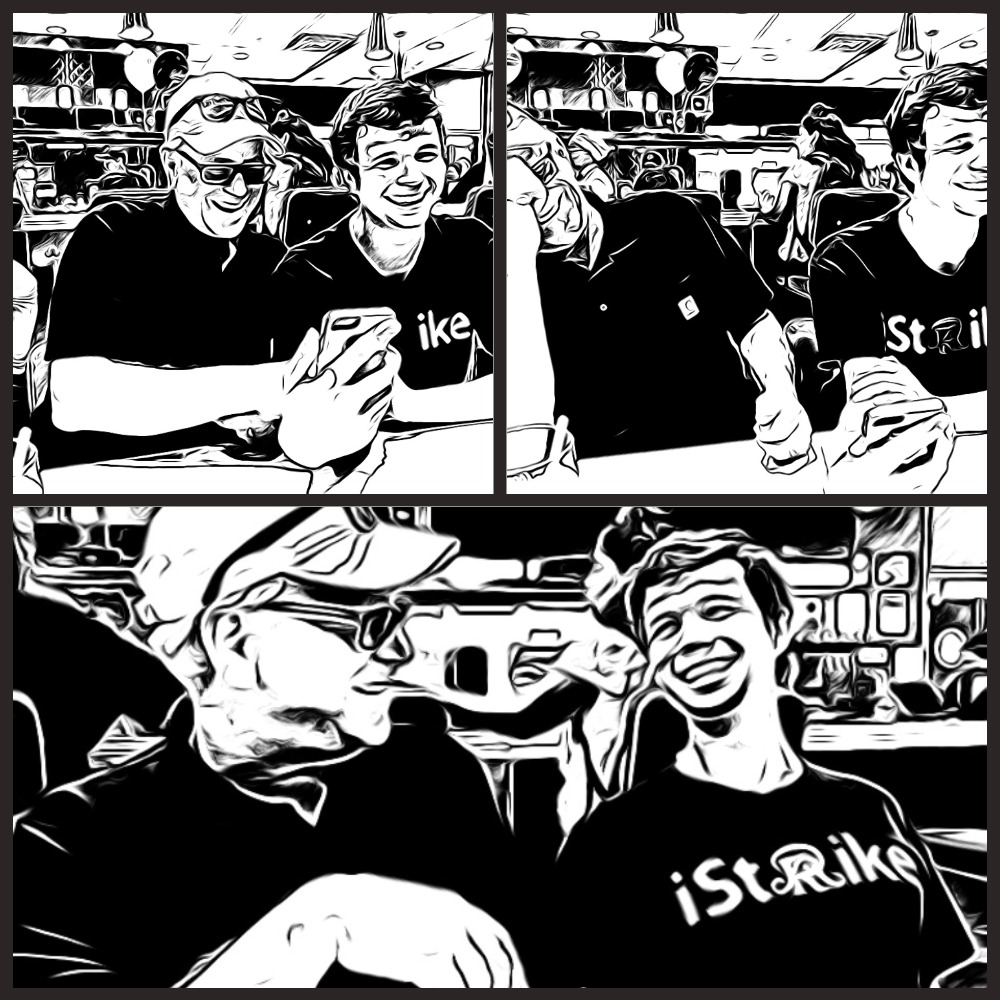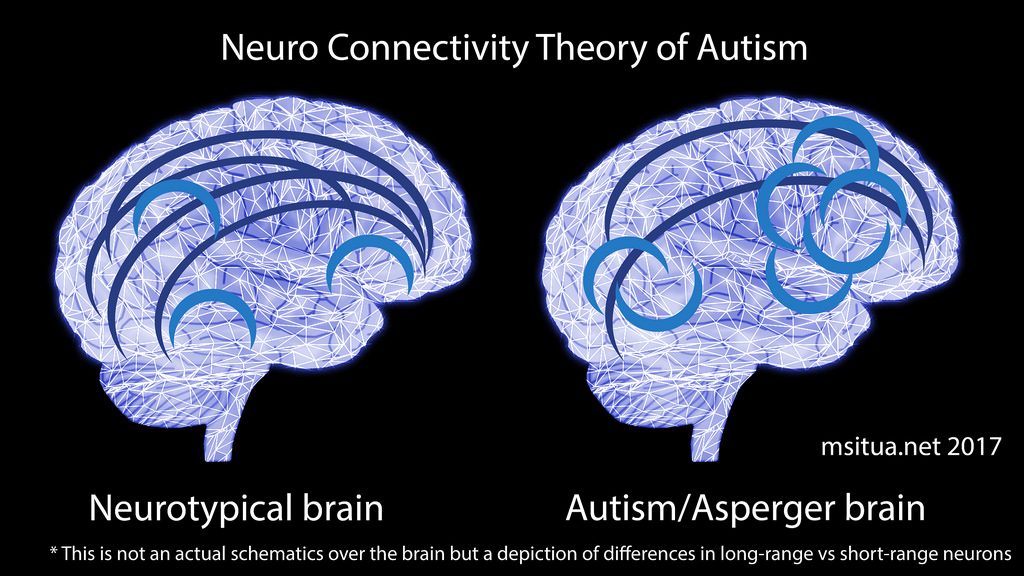I was inspired to share the story of the ongoing relationship (both struggles and triumphs) of my husband Herb and our son Sam after creating the below series of photos.
Parenting someone diagnosed with High functioning Autism or Asperger Syndrome begins as a challenge to the adult who had expectations about who their children would be.
Those expectations may be for their son/daughter to be just like them, or to become the person they never were. But these preconceived notions must be disposed of for the child’s success. This is the case with many families facing the newfound diagnosis of Autism or Asperger Syndrome. The high divorce rate among parents with a diagnosed child is testament to the fact that it can be a great struggle that places strain on all areas of life.
When Sam’s Autism diagnosis was revealed to Herb and I some 14 years ago it was raw, new, and life changing to say the least. Our first-born Samuel was struggling in elementary school and until that point we didn’t know why. The Autism/Asperger fact sheet described each misunderstood challenge Sam was displaying and this allowed us insight into creating better communication with our son.

Herb is a man’s man.
His rugged good looks and “pull yourself up by your bootstraps” mentality would not seem a sensitive fit toward parenting a son such as Sam. Sam is unique. But not even Sam knew how he fit in to the world around him, much less how to blossom under a father like Herb.
Once the shock of the word “Autism” wore off, it was time to learn how our son saw the world. I immersed myself into this new and foreign reality. We hung close to those on the same path and chose Sam over society and its demands of conforming to social expectations. In other words, we chose Sam.
Choosing to venture into unknown obsessions (i.e. trains, science, planetary systems, Pokémon, and weather to name a few) gave Herb and his son a common bond. This certainly isn’t a popular decision. You realize this when neighbors, family members, and society in general are taking their kids to soccer games, parties, sporting events, and social clubs without even looking your way.
So what! Looking back at this difficult time in our lives I’m truly sorry I wasted precious days worrying about my children being shunned.
The best times were when we became fascinated with Sam’s interests. Or even better, when Herb shared his interests with Sam and Sam’s brother Charlie. I truly believe these years spent bonding together as a family made a pivotal difference in not only Sam’s life, but in all our lives as well.
Carpentry is just a part of Herb’s talents. This became the very foundation that carried Sam through the challenging Middle School and High School years where bullying and isolation is often the norm. Herb offered Sam and his brother Charlie to embark on building something together. So for 4 years they built a cabin in the country! From the foundation to raising the walls together to building the metal roof overhead, these guys accomplished quite a lot together. Sure there were times that the computer beckoned or the sensory issues overloaded but those challenges were remedied as they came.
Find something you can do with your son or daughter.
Pick a project (long-term or short-term) and allow your child and their siblings the opportunity and the consistency of building something together. Your time together will teach teamwork and fill those otherwise non-scheduled weekends. Still allow time on the computer for sure, however, a structured and routine activity done together is a good way to bond and even learn a trade or skill.
Sam is now 23 years old. He is set to graduate college at the end of 2018 with a degree in Business/Computer Information Systems. Sam is quick to say that his dad is his mentor and friend. To say I am proud of the adjustments I’ve seen Herb make on behalf of Sam doesn’t begin to reflect the awe I feel about a man choosing to understand and love his autistic son unconditionally.
Herb and I both feel our journey together with our family has been a blessing from God that we could never have imagined.
Rocky and less traveled roads have illuminated our minds and hearts in realizing how different we all are. Realizing that the mind of our son is exceptional in function and capability allowed us a beautiful capacity for the overflow of empathy and compassion for others. If the world could only see that each and every person is equally unique and specially gifted.
I offer this to the parent(s) seeking guidance in raising a child with Autism/Asperger Syndrome. Remember: Their mind is wired differently than yours. Let that sink in a moment. Medically speaking (in other words: fact) your child diagnosed with HFA or AS is wired differently. I urge you to learn those differences as you begin your journey.
Let’s briefly look at those differences:
- The Autistic/Asperger brain tends to be obsessive, cyclical and overly active. As such, it’s harder to let things go, and comfort is found in routines; everything is planned and anticipated as much as possible.
- The Autistic/Asperger brain may allow a person to be social and empathic, though socially clumsy they may be. A person with high-functioning autism is less interested in social interaction and generally has a smaller capacity for emotional empathy—compensated for by cognitive empathy more than that of a neurotypical.
- The Autistic/Asperger brain doesn’t filter out as much, and so more time and energy is required to process that excess data. This can result in slight delays in responding time, and a tendency to become exhausted in an environment that triggers the senses too much. Sensory issues are usually extensive. However, autistics may experience both hypersensitivity and hyposensitivity.
- Another important difference between the neurotypical and the autistic brain is the amount of synapses. As the neurotypical brain (goal-oriented) develops it goes through a “pruning” process of the excess in synapses. This essentially streamlines the functionality of the brain: less important connections between neurons are broken down. In the autistic brain this process occurs to a much lesser degree, resulting in over-activity. As such, the autistic mind can be very associative and abstract, which can be a powerful creative source.

In summation: Embrace the difference. Find solutions for the challenges that so often come with Autism/Asperger Syndrome and begin a friendship with your child: you might discover so much more about your child, yourself, and the world around you.
by Jennifer Allen
A graduate of Abilene Christian University, Jennifer had a long career in TV Broadcasting. Upon learning her oldest son Sam had a form of Autism called Asperger’s Syndrome, she left her career and became a full-time mother to both of her sons. Jennifer elicited the participation of her family and together they produced several independent programs including a children’s animated series titled Ameriquest Kids, as well as a documentary and book titled, Coping to Excelling: Solutions for School-age Children Diagnosed with High-Functioning Autism or Aspergers Syndrome. She formed the nonprofit Asperger101 to provide on-going free resources related to ASD at Aspergers101.com and has implemented the Texas Driving with Disability Program and continues to grow the statewide initiative today. She and her husband have recently retired to their property in the Texas Hill Country.


